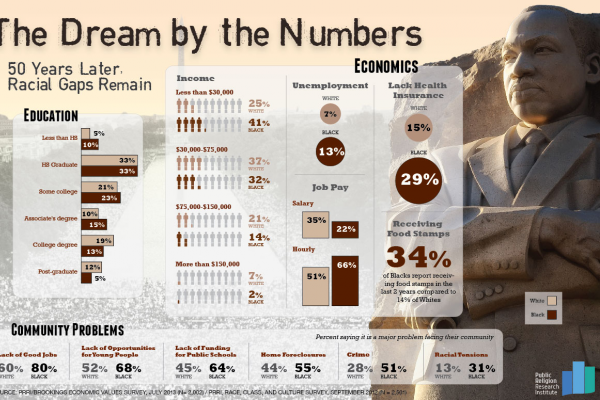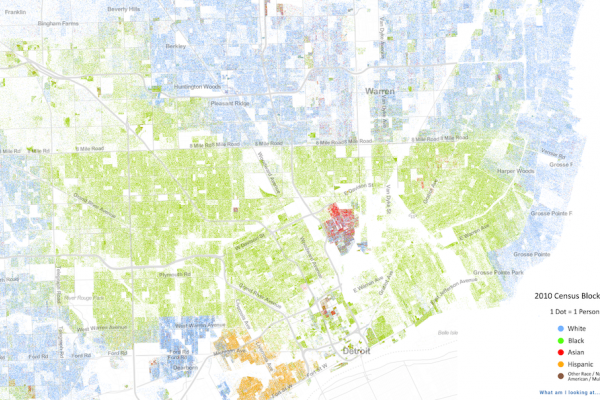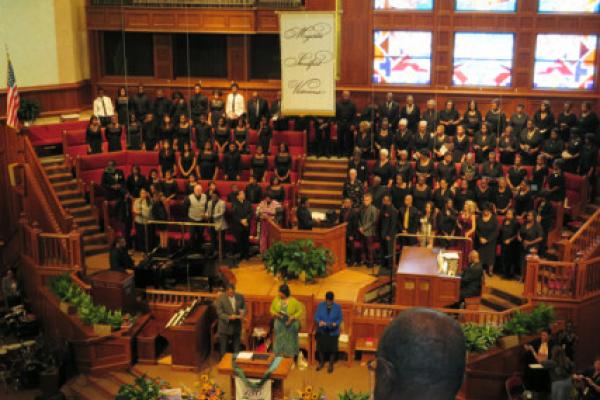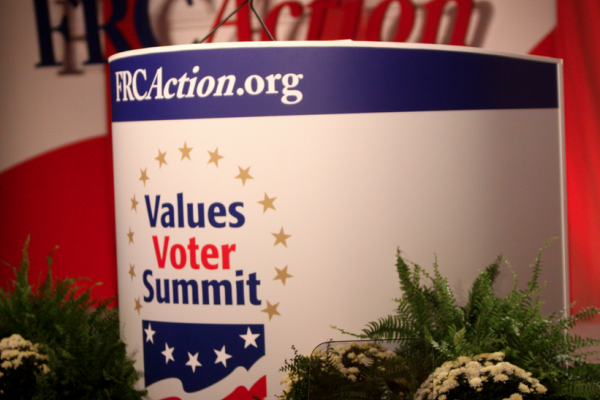On Wednesday, President Barack Obama said that if Bashar al-Assad used chemical weapons against innocent civilians, there must be “international consequences.” The president is right. But what should those consequences be?
The issue here, again, is one that we have not decided how to deal with: terrorism. The definition of terrorism is deliberate and brutal attacks upon innocent people — whether by individuals, groups, or heads of state. By that definition, Assad is a terrorist. And terrorists who possess weapons of mass destruction and demonstrate their willingness to use them are most dangerous ones. But how should we respond?
I am in in the U.K., where political leaders last night backed off the decision to make immediate “military strikes” while the U.S. and other nations are considering them. The feeling here is that international and legal legitimacy need to be established first, that the U.N. inspectors should finish their examinations in Syria before any actions are taken, and that all other means of response should be fully explored first. These are good decisions.
Why is there such public “war fatigue” in the U.K. and the U.S. in light of Iraq and Afghanistan — and why is that creating reluctance to more military action? Because wars and military solutions have FAILED in response to terrorism — failed to achieve what they were purported to do.
Yesterday’s “Let Freedom Ring” ceremony in Washington, D.C., honored the nation's substantial advances in racial equality in the fifty years since Dr. Martin Luther King, Jr. delivered his now-iconic “I Have a Dream” speech.
But events this year — from the Supreme Court gutting the Voting Rights Act to the House eliminating funding for food stamps to the Trayvon Martin trial — are posing serious challenges to our national progress towards true equality for all.
An infographic from the Public Religion Research Institute, "The Dream by the Numbers," highlights systemic inequalities that still work against communities of color today. The statistics are grim: black communities are unemployed at nearly double the rate of white communities. Fewer than 20 percent of black youth will receive a college or graduate degree. Twice as many blacks lack health insurance as whites. And nearly 70 percent of blacks surveyed mentioned “lack of opportunities for young people” as a top concern for their community.
"We all have a story to tell."
These are the words that will greet my new elementary students as they enter my classroom this year.
I will tell them my story: who I am, what I do, when I was born, where I have lived, why I am a teacher, how I came to our school.
I will tell them this story: When I was their age, I carried a tattered journal, a Papermate pen, and a pocket dictionary everywhere I went. I wrote about the people, places, and things I saw with my eyes, heard with my ears, smelled with my nose, tasted with my tongue, and felt with my hands. I put down on paper the ideas and feelings that were floating around in my head and my heart. I was nerdy (and still am) ... but I was me!
"Will you tell me your story?" I will ask them.
Rev. Dr. Martin Luther King immortalized many phrases still used in the contemporary American lexicon. But it was on Dec. 17, 1963 in a talk at Western Michigan University when he noted that the “most segregated hour in this nation” is 11 a.m. on Sunday.
Though many of King’s other famous quotes come from scripted speeches, the comment above actually was from part of a question-and-answer session with students and faculty about racial integration. He was asked if he believed that true racial integration must be spearheaded by the Christian churches, rather than in workplaces or on college campuses.
Suffice it to say that Dr. King begged to differ, and sadly, his words spoken 50 years ago ring eerily prophetic as we scan the halls of most of our churches. What he claimed then is still, today, a stark reality. He went on in his response:
“I’m sure that if the church had taken a stronger stand all along, we wouldn’t have many of the problems that we have. The first way that the church can repent, the first way that it can move out into the arena of social reform is to remove the yoke of segregation from its own body.”
But how? About the same time King made these keen observations, white people were leaving the inner cities by the millions, establishing more homogenous suburbs on the far boundaries of town. So-called “white flight” took hold, creating entirely new municipalities, while decaying urban centers were hollowed out, left only with an aging infrastructure and those who had no choice but to endure being left to fend for themselves.
As such, our churches were, in some ways, byproducts of the communities in which they found themselves.
Yesterday was the 50th anniversary of a day that changed America, changed the world, and changed my life forever. I was fourteen years old on Aug. 28, 1963, in my very white neighborhood, school, church, and world. But I was watching. The Rev. Dr. Martin Luther King, Jr., became a founding father of this nation on that day, so clearly articulating how this union could become more perfect.
He didn’t say, “I have a complaint.” Instead, he proclaimed (and a proclamation it was in the prophetic biblical tradition), “I have a dream.” There was much to complain about for black Americans, and there is much to complain about today for many in this nation. But King taught us that day our complaints or critiques, or even our dissent will never be the foundation of social movements that change the world — but dreams always will. Just saying what is wrong will never be enough the change the world. You have to lift up a vision of what is right.
The dream was more than the Civil Rights Act and the Voting Rights Act, which both followed in the years after the history-changing 1963 March on Washington for Jobs and Freedom. It finally was about King’s vision for “the beloved community,” drawn right from the heart of his Christian faith and a spiritual foundation for the ancient idea of the common good, which we today need so deeply to restore.
WASHINGTON — Fifty years to the day after Martin Luther King, Jr., knocked on the nation’s conscience with his dream, religious leaders gathered in a historic church to remind the nation that he was fueled by faith.
Later, in the shadow of the Lincoln Memorial where King thundered about America’s unmet promises, King’s children joined the likes of President Barack Obama and Oprah Winfrey to rekindle what Obama called a “coalition of conscience.”
At Shiloh Baptist Church, where King preached three years before his 1963 “I Have A Dream” speech, Christian, Jewish, Muslim, and Sikh clergy summoned King’s prophetic spirit to help reignite the religious fires of the civil rights movement.
King’s daughter, the Rev. Bernice A. King, said at the service that her father was a freedom fighter and a civil rights leader, but his essence was something else.
“He was a pastor,” said King, who was 5 when her father electrified the nation in front of the Lincoln Memorial. “He was a prophet. He was a faith leader.”
Christian conservatives who think Satan is using communism and Islam to bring down America can add a new “adversary” to the list: the Emergent Church movement.
A portion of the upcoming Values Voter Summit in Washington will stray from its usual focus on politics and consider the Emergent Church as one of three “channels the adversary is using to bring America down.” Art Ally, president of The Timothy Plan, a Florida-based mutual fund company devoted to “biblically responsible investing,” will lead the breakout session.
“Why would Satan use Communism? It’s a godless form of government,” said Ally. “Why would Satan use Islam? Same reason. It’s not a religion. It’s a movement to dominate the world under the guise of religion. The Emergent Church plays right into that by weakening further our church community.”






